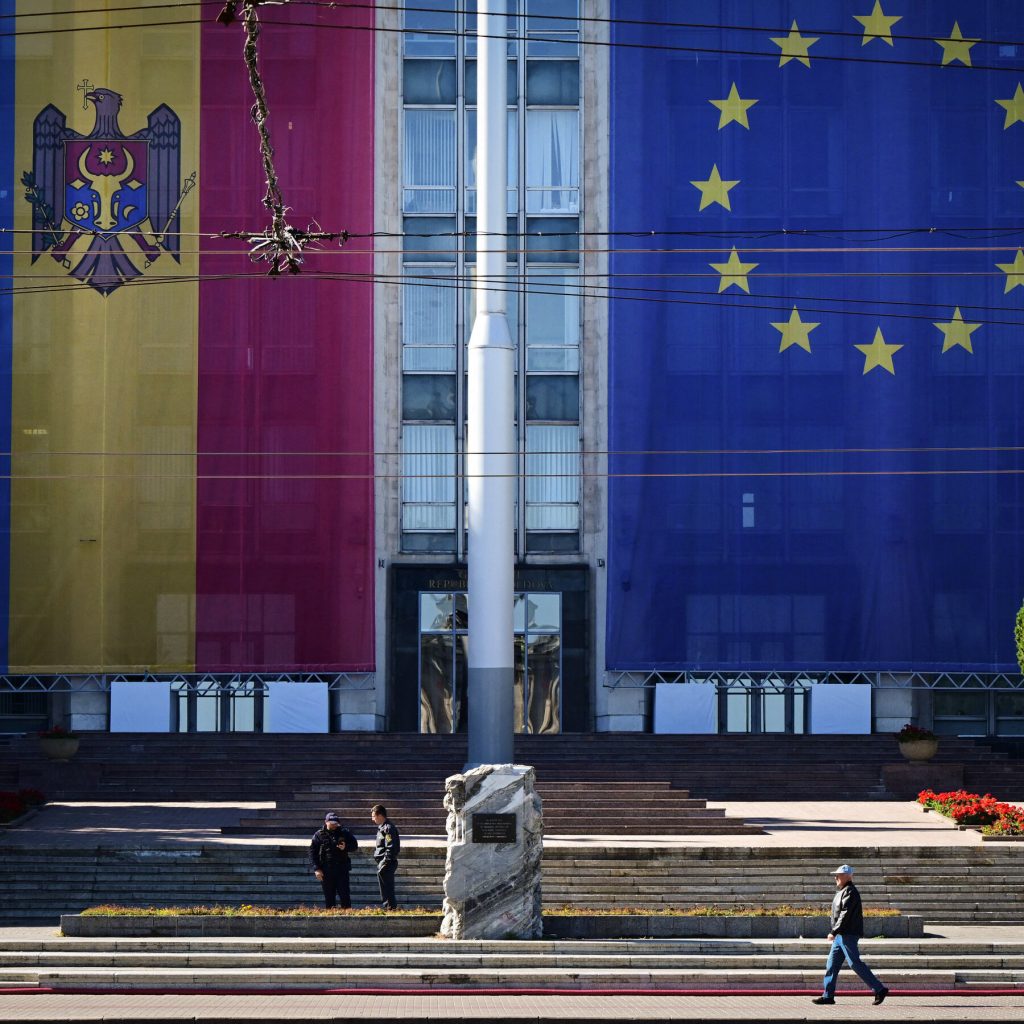Moldova Moves Toward Europe, but Russian Tug-of-War Persists

In a significant step towards integration with the European Union, Moldova’s pro-European party has successfully retained its absolute majority in the country’s parliament following national elections. However, despite this progress, the path to EU membership remains fraught with challenges, particularly given the persistent influence of Russia in the region.
The recent elections, which were closely watched by international observers, saw the pro-European bloc secure a majority of seats in parliament. This development is being hailed as a crucial milestone in Moldova’s long-standing bid to join the EU, a move that would mark a significant shift in the country’s geopolitical orientation. Moldova has been a candidate for EU membership since 2007 and has been gradually aligning its legislation and policies with EU standards.
Despite this electoral success, Moldova’s journey towards European integration is complicated by its geographic location and the ongoing presence of Russian forces in the breakaway region of Transnistria. The region, which borders Russia and has been de facto independent since a brief war in 1990, hosts a significant number of Russian troops and is a point of contention between Moldova and Russia.
The tug-of-war between European and Russian influences is a critical factor in Moldovan politics. Russia has historically maintained a strong presence in the region and continues to exert considerable influence over Moldovan affairs, often blocking or complicating efforts towards closer ties with the West. This has included attempts to thwart Moldova’s EU integration efforts and to promote a closer relationship with Russia and its Eurasian Economic Union.
The pro-European party’s retention of a parliamentary majority suggests a continued popular mandate for European integration, but analysts caution that significant hurdles lie ahead. These include not only external pressures from Russia but also internal challenges related to corruption, economic development, and ensuring that the benefits of EU integration are equitably distributed across the population.
In the short term, Moldova’s next steps will involve continuing to implement EU-recommended reforms and navigating the complex diplomatic landscape to secure greater support for its integration efforts. The path to EU membership is typically lengthy, involving years of negotiation and policy alignment. For Moldova, this journey is expected to be particularly challenging, given the geopolitical context.
However, with a clear mandate from voters, Moldova’s leaders are poised to push forward with their European agenda. The country’s progression towards the EU represents not only a shift in its foreign policy orientation but also a strategic choice about its future economic, political, and social development. As Moldova continues on this path, it does so with the understanding that it is part of a broader trend towards European integration in the region, despite the countervailing forces at play.




